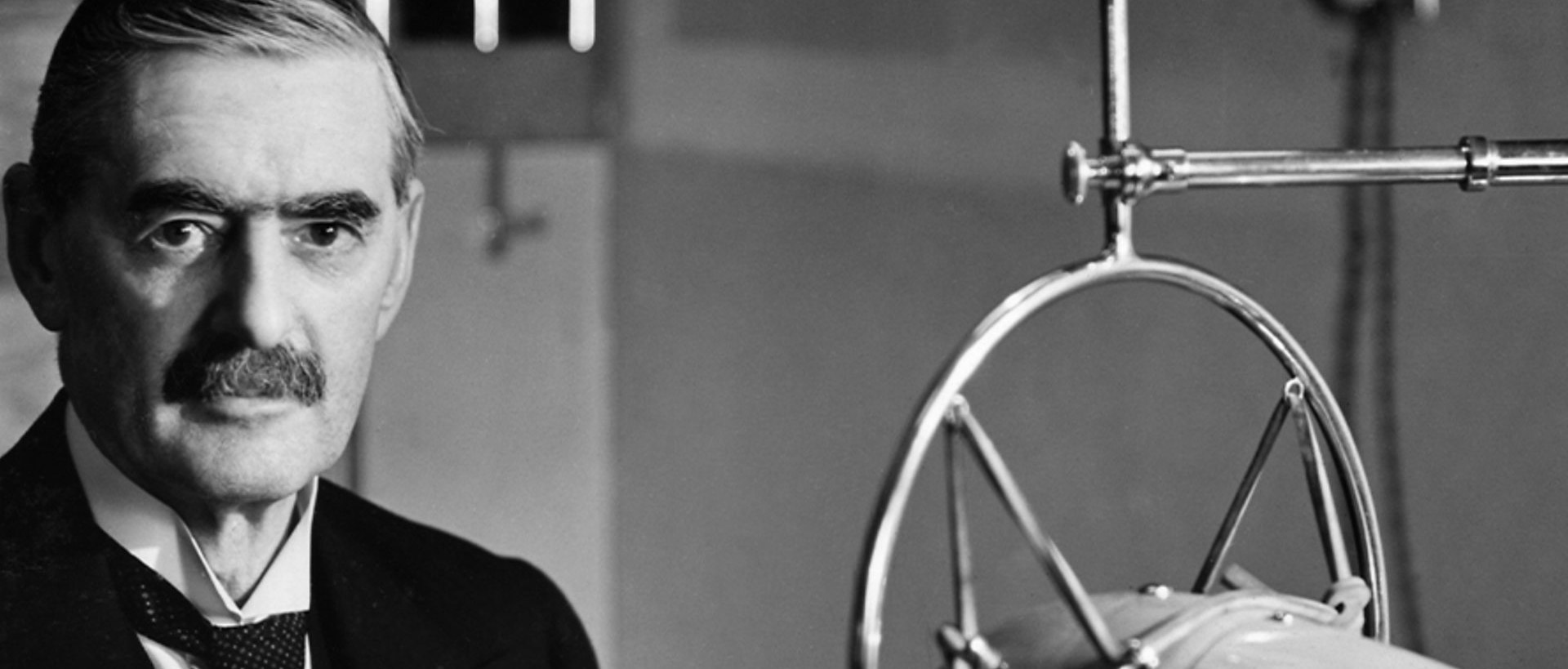

Tensions in Europe had been building for years, acts of appeasement were exhausted and there was a growing feeling that German aggression needed to be confronted with force. Great Britain reluctantly determined that war was necessary to stop Hitler. Germany represented a direct threat to British security and the security of its empire.
Throughout the 1930s, several events conspired to push the world back to the brink of war. The Spanish Civil War, the Anschluss (annexation) of Austria, the occupation of the Sudetenland and the subsequent invasion of Czechoslovakia all became key components of the potent tinderbox that was Europe in the late 1930s.
On September 1st 1939, Germany pulled the trigger and invaded Poland with some 1.5 million German soldiers, more than 2,000 airplanes and more than 2,500 tanks crossing the Polish border. The British gave Nazi dictator Adolf Hitler an ultimatum to pull out of Poland, or else. Hitler ignored the demand, and two days later, on September 3rd 1939, Britain and France declared war. Thus began World War II. Over the next year, Nazi Germany and its allies conquered much of Europe. German officials confiscated Jewish property, in many places it required Jews to wear identifying armbands, and established ghettos and forced labour camps.
The news that Britain was at war was broken by Prime Minister Neville Chamberlain at 11.15am on Sunday September 3rd 1939. In a 5 minute broadcast on the Home Service, he announced that as Hitler had failed to respond to British demands to leave Poland, “This country is at war with Germany”.
Following the Prime Minister’s speech there were a series of announcements. All places of entertainment were to close with immediate effect, and people were discouraged from crowding together, unless it was to attend church. Details of the air raid warning were also given and it was emphasised that tube stations were not to be used as shelters. In London the air raid sirens sounded only 8 minutes later, and some donned tin helmets and rushed to avoid the bombs falling. It was a false alarm.
The BBC took steps to prepare for the conflict. Shortly after noon the television service was unceremoniously shut down, following the cartoon Mickey’s Gala Premiere. It was said that the strong signal from the transmitter at Alexandra Palace would provide a navigational aid for enemy aircraft. Television remained silent during the war, although BBC Radio – after an initial hiccup when the airwaves were filled with organ music – provided a welcome distraction.
Meanwhile Ossett’s only Cinema, The Palladium, first opened in 1913, had seen all of this before in The Great War 1914-1918. It would kow-tow to no-one and it ran on through the war of 1939 to 1945, prices in that latter year being from 10d up to 1/6d. Shows were twice nightly.
World War II was a global war. Some 70 nations took part in the conflict, and fighting took place on the continents of Africa, Asia, and Europe, as well as on the high seas. … It is said that some 75 million people died in World War II, including about 20 million military personnel and 40 million civilians, many of whom died because of deliberate genocide, massacres, mass-bombings, disease, and starvation.